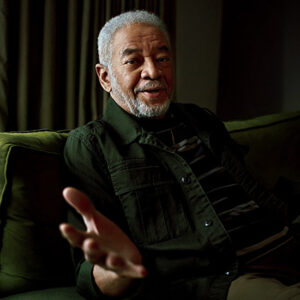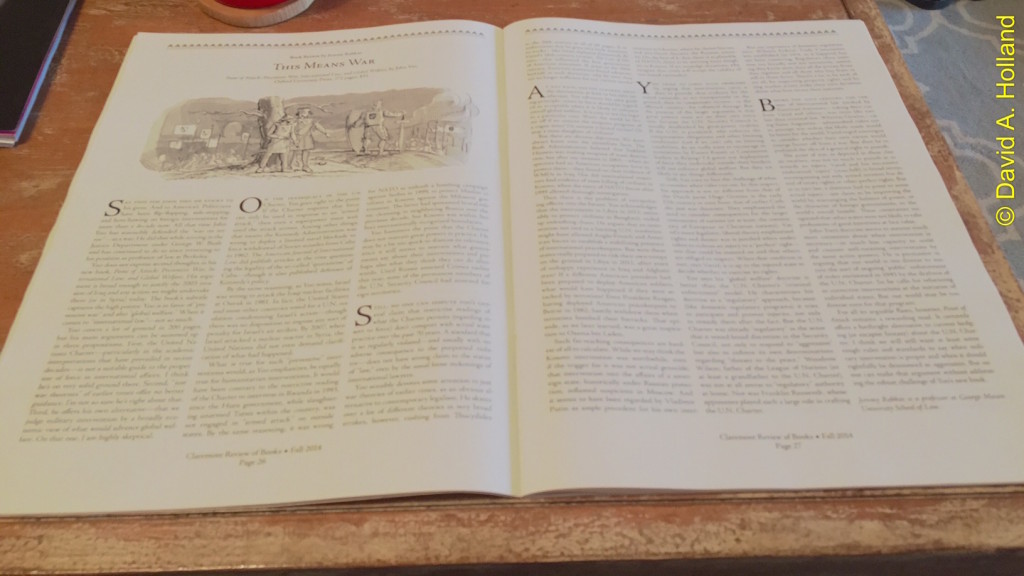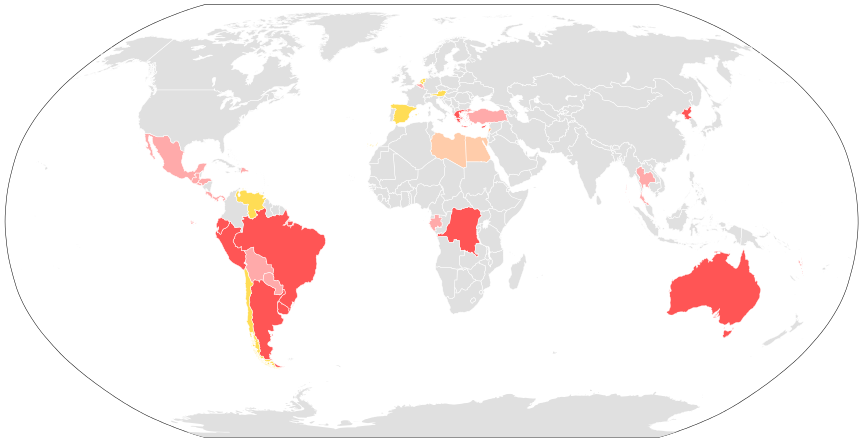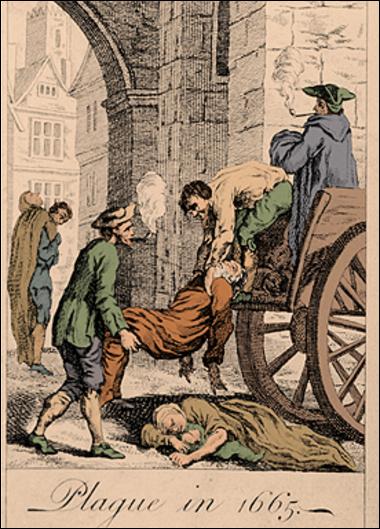Our oldest daughter was 26 years old a couple of months ago. But she still calls me “Daddy” from time to time, and I love that. It takes me back to those days when our three girls were small, utterly un-self-conscious, and therefore, hilarious—a source of endless entertainment.
There was a brief season of time back when she was around three and our middle daughter was just an infant, in which I’d settled a small office in a modest little one-story building in Edmond, Oklahoma. The offices in the building were all arranged on either side of a long central hallway. My office was located near the end of the hallway, toward the back of the building.
I was just launching an effort to support my family through freelance writing and things were pretty lean financially. Extraordinarily lean, actually. The best parts of the best days back then would be the times my wife would bring the girls up for a surprise visit to my drab, Spartan little work space.
I would hear the chime that indicated someone had opened the front door of the building, quickly followed by the rising sound of stumpy sneakered feet hitting carpet at a full gallop down the hallway. A few seconds later, my daughter would burst through my doorway with a giant smile, a giddy “Hi Daddy!” and body language that shouted, “I’m here! Isn’t it wonderful!”
And it was.
My sincere response was always one of delighted welcome. Outstretched arms. A hug. A gathering into the lap. A breathless request for the latest news from her world.
She was too young—as she was charging down that hallway—to have ever once considered that I might be on an important phone call, or in a bad mood, or upset at her for some act of disobedience I’d heard about earlier in the day.
Those things never entered her mind. No she approached with wild, confident abandon—and usually with a request ready on her lips. “Can we go get pizza tonight? Mommy, said it’s up to you.”
There is a thoroughly biblical, immensely powerful secret to effective prayer hidden in those treasured little moments with my first-born. Allow me to explain.
In my journey of growth and discovery as a believer, I have learned that seeing answered prayer—experiencing daily, miraculous incursions of heaven’s power into our circumstances—is a simple thing involving three spiritual principles.
Together, these three elements have revolutionized our life as a family and enriched our relationships with God in countless ways. They are:
- The Law of Gratitude
- The Law of Asking
- The Law of Heart Confidence
I won’t elaborate much on the first two principles here. I will simply point out that dozens of scriptures exhort, even command, us to “ask.” And that many of those same scriptures encourage us to blend our asking with thanksgiving. Here’s just one example:
The Lord is at hand; therefore do not be anxious about anything, but in everything by prayer and supplication with thanksgiving let your requests be made known to God. (Phil. 4:5-7)
There is extraordinary power in a grateful heart. And we must get this deep into our understandings . . . God wants us to ask!
“But doesn’t He already know what I need?” many wonder. Yes, but he commands us to ask, anyway. “You have not because you ask not . . .” James reminds us.
It is the third of these principles that too few believers understand—the principle of Heart Confidence. You’ll find it here:
Let us then approach the throne of grace with confidence, so that we may receive mercy and find grace to help us in our time of need. (Hebrews 4:16)
The testimony of scripture is that it not the neediest or the most desperate who see miraculous answers to prayer. Nor is it the most pious, or self-disciplined, or “deserving” who find heaven’s windows flying open when they speak. No, it is those who approach and ask with the most confident hearts that see mountains move.
Take in the words of James with fresh eyes:
“If any of you lacks wisdom, he should ask God, who gives generously to all without finding fault, and it will be given to him. But when he asks, he must believe and not doubt, because he who doubts is like a wave of the sea, blown and tossed by the wind. (James 1:5,6)
The mystery of the power of heart confidence is embedded in the familiar words of First John 3:21,22. There we’re told that “if our hearts do not condemn us, we have confidence before God, and receive from him anything we ask, because we obey his commands and do what pleases him.”
The equally valid inverse corollary of that biblical statement would be this: “If our hearts do condemn us, we have no confidence before God, and do not receive from him anything we ask . . .”
This is at once a great mystery and a liberating truth. It means that disobedience, or sin, does indeed damage our prayer effectiveness, but not for the reason we assume.
We think God disqualifies us from getting answers from Him when we sin. The truth is, we stop getting answers because sin persuades us to disqualify ourselves. How? It robs us of heart confidence—the only prerequisite to answered prayer!
This is why the enemy of our souls spends almost all of his time and energy accusing us and reminding us of all the ways in which we fall short. Satan (the accuser of the brethren) knows what many of us do not – that our heart confidence is the key to keeping the windows of heaven open so God can move his promises and provision into our lives and circumstances.
I’ve discovered that most believers’ attempts at prayer are entangled by a dozens of disqualifying thoughts:
“I’ve sinned.”
“I haven’t done enough.”
“ I haven’t followed through on that commitment.”
“I haven’t had a quiet time in weeks.”
“I screamed at my kids.”
“Other people get answers because they’re better Christians.”
Amid this hailstorm of self-accusation and condemnation, many believers give up on even making a request of God. They tell themselves they need to get their act together and become a little more “deserving” first. Then they’ll petition God for help.
Those who do manage to make it to God’s throne slink in on their bellies, laden with guilt and an overwhelming sense of unworthiness. When their prayers prove to be ineffective, they’re not surprised.
I know this pattern because I’ve lived it. But I’ve been set free. I’ve learned that when Proverbs 4:23 warns me to “Guard your heart with all diligence, for out if flow the issues (forces) of life,” that it means I need to guard and protect my “heart confidence” because it is the key to my connection with God.
When I’m convicted of sin, I confess it (1 John 1:9), count it as covered and paid for by the blood of Jesus, and mentally re-assert my legal standing as righteous before God.
I have also worked hard to renew my mind to a wonderful truth about Christ’s work on the cross. We all know that Jesus suffered for our sins, literally having our sins laid upon Him as he was crucified. Most of us are aware that Jesus bore our sicknesses and infirmities, that we might know health and healing.
But have we ever considered the fact that Jesus suffered the ultimate in rejection by God that we might experience the acceptance He knew as the Son of God.
In his extraordinary book, The Atonement, the late Bible teacher Derek Prince wrote:
In His final moments, Jesus was given sour wine or vinegar, which was bitter. This may have been intended to keep Him from losing consciousness. By accepting this sour wine, Jesus symbolically drained the bitter cup of rejection to its dregs. No human being has ever experienced such total rejection as Jesus experienced on the cross.
Prince built that truth into this powerful faith declaration: “Jesus suffered my rejection so I might have his acceptance.” I have purposed never again to insult the enormity of Jesus’ sacrifice by approaching God on the basis of my own worthiness (or stunning lack thereof).
Yes, I still fall back into the trap of disqualifying thoughts from time to time. But I’ve learned to fight for my heart confidence. To feed it and strengthen it with God’s Word. To attack undermining, disqualifying thoughts with scriptural truth.
And I have learned to recall that picture of a three-old running full-tilt down a hallway into my delighted, open arms.
May I encourage you to do the same?
Fly to Him, child of God. Run as fast as your little feet can carry you. Know that you are accepted, loved and unspeakably welcome. Then with grateful mindfulness of all He has done for you in the past, pour out to Him your requests.
This is the secret of heart confidence. It is the secret of power in prayer.



















